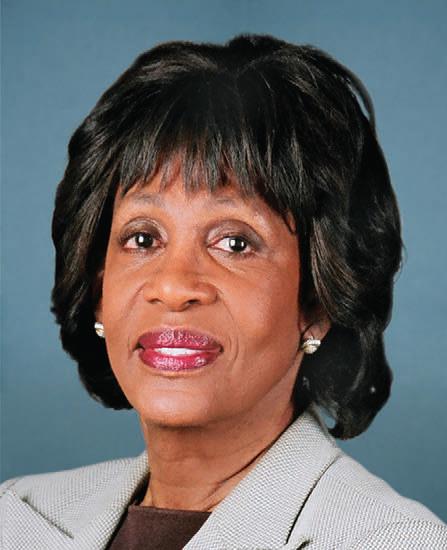A bill working its way through Congress may prompt federal officials to get a better handle on how transportation projects help or hinder access to jobs, education, and health care.

The legislation, which passed out of a House Committee this week, calls for U.S. DOT to measure "the degree to which the transportation system, including public transportation, provides multimodal connections to economic opportunities, including job concentration areas, health care services, child care services, and education and workforce training services, particularly for disadvantaged populations." Details of how the proposed metrics work would be determined by U.S. DOT in a formal rule-making process.
Sixty years of highway-centric transportation policies have systematically curtailed opportunity for poor Americans -- spreading jobs and housing farther apart and limiting access to employment, especially for people without cars. Even today, projects like the Tampa Bay Express Lanes demolish properties in low-income urban areas to save time for more affluent suburban car commuters.
The provision in the House bill aims to make change through accountability. It won't dictate policy, but it should illustrate how transportation policy decisions expand or diminish access to economic opportunity.
Advocates including PolicyLink and the Leadership Conference on Human and Civil Rights campaigned for such legislation for years, but it was not included in the last federal transportation bill.
Now the provision is set to be approved by the House as a report attached to the Transportation Housing and Urban Development appropriations bill (THUD). It was sponsored by representatives Maxine Waters (D-CA), Andre Carson (D-IN), Keith Ellison (D-MN), Raúl Grijalva (D-AZ), and Mike Quigley (D-IN).
“Each day, millions of Americans -- particularly low income communities and communities of color --struggle to access the resources they need to thrive, simply because they have no transportation to get them where they need to go,” said PolicyLink President and CEO Angela Glover Blackwell in a statement. “By calling on USDOT to work with communities to measure how well we are connecting people to opportunity, Congressional leaders have taken a key step toward equipping local leaders with the equity-focused data they need to reimagine and build a more just transportation system.”
While the language is a recommendation, not a mandate, U.S. DOT is likely to follow the guidance in the bill, said Stephen Davis of Transportation for America.
The agency is currently in the process of developing methods to assess how well transportation networks perform on measures of congestion, safety, and environmental sustainability. Recently, Transportation Secretary Anthony Foxx has also focused more intently on transportation policy as a civil rights issue. Before his tenure comes to a conclusion, Foxx can tie those two threads together by measuring the effect of transportation networks on economic opportunity for disadvantaged Americans.





